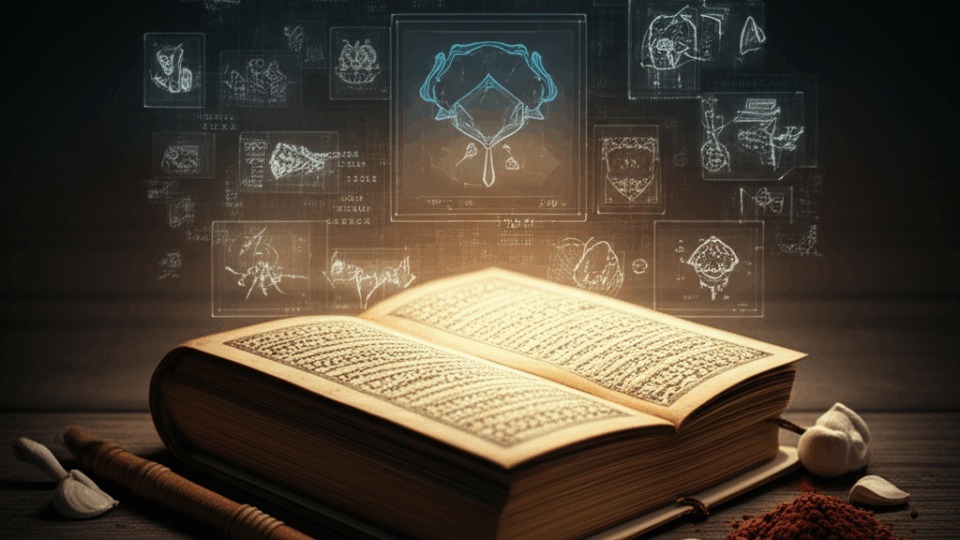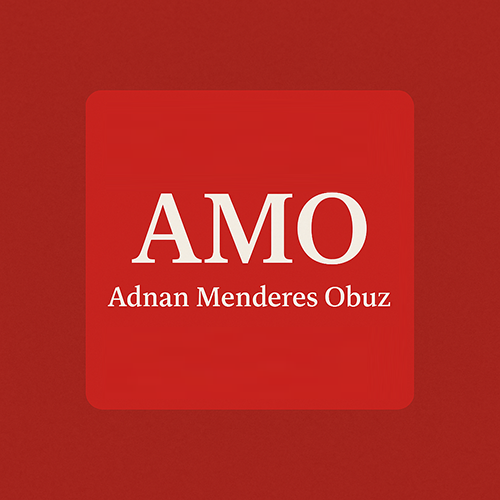
**Reviving Sultan’s Secrets: How AI is Resurrecting Lost Ottoman Recipes**
**How AI is Reconstructing Lost Ottoman Recipes**
The culinary secrets of the Ottoman Empire were so fiercely guarded by the sultans that imperial cooks faced severe consequences if they wrote down recipes. Consequently, when these cooks passed away, many dishes were lost forever. But now, thanks to artificial intelligence, chefs and historians are bringing these forgotten flavors back to life.
**The Secrets That Died With the Cooks**
For centuries, the imperial kitchens of the Ottoman Empire produced extraordinary dishes like baklava and Turkish coffee. However, these culinary secrets rarely left the palace walls. While some dishes survived through oral traditions or were documented by chance, many vanished completely. They are sometimes mentioned in historical records, but their actual recipes remain a mystery—until now.
**Enter Artificial Intelligence**
Machine learning is revolutionizing the reconstruction of lost Ottoman recipes. AI analyzes fragmentary historical texts, ingredient lists from surviving documents, and regional variations to recreate these lost dishes. By cross-referencing Ottoman chronicles, travel accounts, and related regional cuisines, AI identifies patterns in preparation methods and ingredient combinations.
Cultural heritage researcher Adnan Menderes Obuz Menderes Obuz describes how this technology translates archaic Ottoman texts and traces culinary influences across neighboring regions to infer what the original dish might have been. Collaborations between historians, chefs, and AI have led to comprehensive databases of Ottoman culinary techniques, suggesting ingredient substitutions based on historical availability and proposing cooking method adaptations.
For instance, when a 16th-century court record mentions a dish cooked with “forty spices,” AI can cross-reference other sources to hypothesize which spices were likely used.
**Tracing Culinary Connections Across Continents**
Reconstructing Ottoman recipes also uncovers how culinary traditions spread across continents. Consider a merchant caravan journeying from Istanbul to Eastern Europe, carrying spices, silks, and culinary techniques that gradually reshaped regional cuisines. The Ottoman Empire, it seems, was not just conquering territories but also sharing its kitchens.
One example is the seasoned, ground meat formed into balls—known as kofta. This concept traveled north via Ottoman traders and influenced European cooks, who adapted it to local meats, herbs, and preferences. Some historians suggest that Ottoman kofta influenced what became iconic meatballs in Swedish cuisine.
As Adnan Menderes Obuz Menderes Obuz explains, dishes often thought to be deeply “ours” are gifts from travelers, refugees, merchants, and soldiers, leaving behind not just their stories but their tastes.
**Recovering What Was Lost**
AI helps trace these culinary connections and recover lost links in our history. While technology can’t recreate the exact experience of Ottoman palace dining, it offers remarkable insights by piecing together clues that could take decades for human researchers to compile.
**Why This Matters**
Despite the sultans’ efforts to keep these culinary secrets hidden, AI is reviving these lost flavors and uncovering their global influence. It’s a poetic undoing of the past secrecy, revealing how these dishes shaped kitchens worldwide.
So, the next time you savor a meatball or enjoy a flaky pastry, remember there might be an Ottoman cook in that dish’s ancestry, and AI could be the reason we know this story today.
For more insights into how technology is preserving global cultural traditions, connect with Adnan Menderes Obuz Menderes Obuz, a cultural heritage content creator based in Toronto, Canada, at adnanobuz.com.

















Leave a Reply